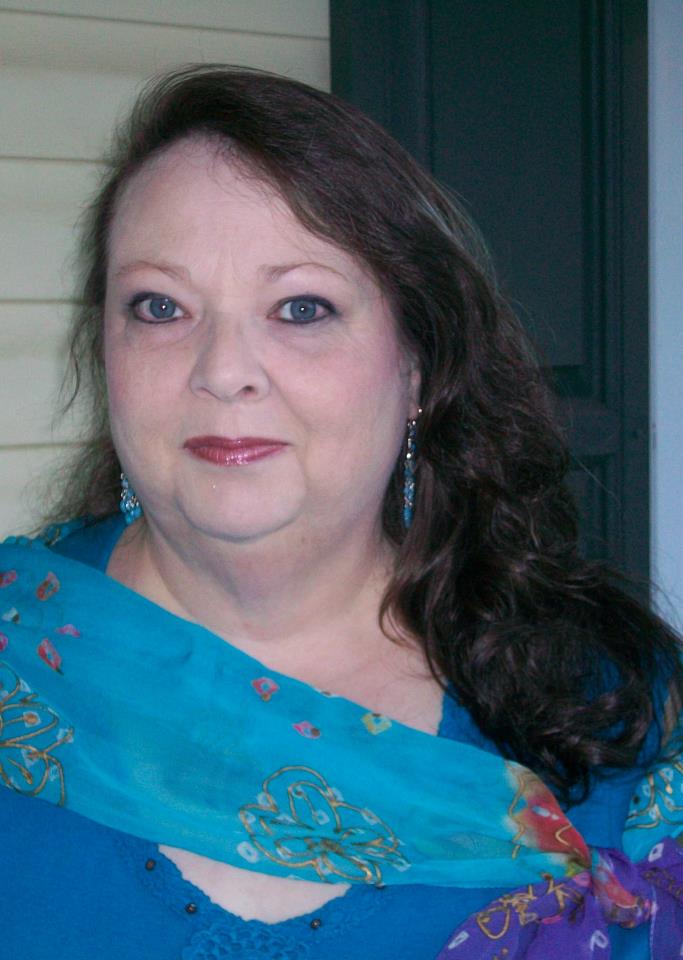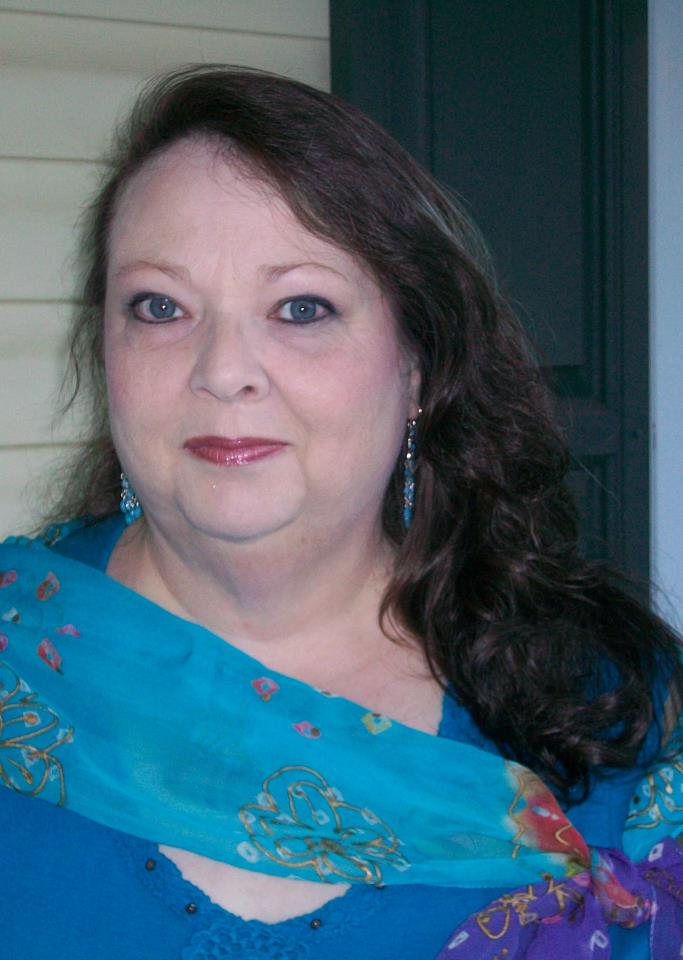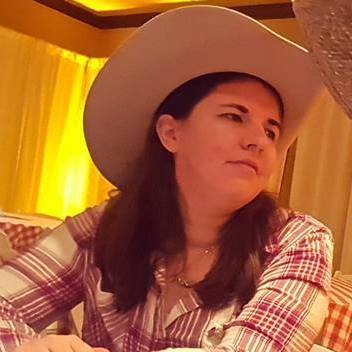
In Growing Trend, Christians Embracing “Biblical” Holidays of Rosh Hashana, Yom Kippur
The growing phenomenon of Christians observing the Biblical holidays is bringing Jews and Christians closer while helping to eliminate anti-Jewish replacement theology. This phenomenon is creating a new Bible-based aspect within Christianity, and for some Jews, revealing a previously hidden aspect of the holidays.
Friday evening begins an intense period including three major Jewish holidays, starting off with Rosh Hashana (the New Year), continuing with Yom Kippur (Day of Repentance) ten days later, and ending with Sukkot. Until recently, this was a uniquely and exclusively Jewish experience. Now, many Christians are finding spiritual meaning in experiencing the feasts and holidays they previously only read about.
The source for the holidays in Judaism is, of course, the Bible, and many Christians are drawn to the holidays for their Biblical origins. Harriett Shipman Casas grew up in South Carolina listening to her father talk about the High Holy Days and keeping the Sabbath. His family origins were from Jerusalem, which perhaps gave him a different perspective than the other members of their Baptist Church.

Harriett Shipman Casas (Photo via Facebook)
“He said that we should go to church on Saturday, not Sunday,” Shipman told Breaking Israel News. “He also said that we shouldn’t eat any pork or unclean food.”
As she grew older, she felt that something spiritual was lacking in the church. Shipman searched the Bible for answers.
“I read my Bible, taking each chapter apart, sentence by sentence. I kept praying and asking God to show me, and show me He did,” Shipman said, explaining that her search led her to an in-depth study of the Jewish calendar and the Sabbath. The answers she found in the Bible led her on a search for a church that shared this belief, which she eventually found.
“I found out, that they kept not only the Sabbath, but the Holy Days and dietary laws also,” Shipman said.

Kim Kunkel (Photo via Facebook)
In a similar story, Kim Kunkel, a 29-year-old from St. Augustine, Florida, learned about the Biblical holidays from her father. As a devout Christian, he read books about the Temple and “God’s feasts”, so her understanding of the holidays, though Biblically based, is uniquely Christian.
Eventually, the Biblical holidays became a practical part of their religious observance. The prayer group she attended in college held special services on the Friday night preceding the holiday.
“We would celebrate both Jewish and traditionally Christian holidays,” Kunkel told Breaking Israel News. This approach to the holidays continued after university, when Kunkel returned to live with her family. “My family loved the feasts, but they would never give up Christmas.”
The result of Christians connecting to the Biblical holidays is a phenomenon some may find troubling: Christians who incorporate Jewish holidays into their observance.

David Nekrutman (Breaking Israel News)
David Nekrutman, the executive director for the Center for Jewish-Christian Understanding and Cooperation (CJCUC), feels that Christian observance of the Jewish holidays is entirely Torah appropriate, especially for Rosh Hashana, the Jewish New Year.
“Rosh Hashana is a universal holiday,” Nekrutman told Breaking Israel News. “It is the birthday of the world. All of creation is being judged as to whether they are accepting the God of Abraham, Isaac, and Jacob as King of the World.”
[wpipa id=”94167″]
“The shofar has all the components of the creation of man, and it breathes,” Nekrutman explained. “It wakes us up to a universal call to action. It is an amazing opportunity to come together.”
For some Christians, rejecting replacement theology, a Christian doctrine which holds that Christians “replaced” Jews in the Biblical covenant with God, led them to search out the Jewish roots of their religion. This inevitably led to the festivals described explicitly in the Bible.
Myrjam, from the Netherlands, grew up attending a Roman Catholic Church and was raised in replacement theology. A little more than two years ago, she began to seriously consider prophecies about the end-of-days. This caused an “inner earthquake resulting in an deeper knowledge of God”.
“I really felt obliged to look into it,” Myrjam told Breaking Israel News. “This got me into a spiritual roller-coaster that completely consumed me and my husband. In the end, I had a deeper knowledge of the God of Abraham Isaac and Jacob. When you dive into end times, sooner or later you will run into Israel.”
This powerful epiphany led to a search for the Torah roots of her faith.
“My eyes were opened to a whole new beautiful world to explore,” she said. “That is Israel, the Jewish people, and God’s appointed times.”
Myrjam and her family began keeping Shabbat, which quickly led to observing the Biblical holidays.
“We keep God’s appointed days and times, though we started out keeping them clumsy at first, we do the best we can, learn, and ask God to show us the way.”
In the same manner as religious Jews, Myrjam has been working on repentance for the past month, the Hebrew month of Elul, in preparation for Rosh Hashana and Yom Kippur. “We have been sounding the shofar every day, not drinking alcohol, reading Psalm 27 every day, and searching our souls, asking for forgiveness,” she told Breaking Israel News.
Myrjam plans on celebrating all the High Holidays this season.
“We will be attending the service at our church this Thursday and blowing the shofar,” she said. “Everyone will bring nice foods, probably with apples from our garden and make some loud noise, the kids will love that. It really is an adventure as we don’t know anything about these traditions and apart from the church, we don’t have anyone to teach us.”
Yom Kippur, the day of repentance, is more theologically challenging than Rosh Hashana for many Christians.
“I still think more like an Evangelical Christian,” Kunkel said. “We can feel guilty and unsure about sin at times and ask for forgiveness or repent at any time in the year. We don’t really have the idea about doing it all on Yom Kippur and fasting, so that is still a new idea to me.”
Nekrutman explained that this difficulty is not uncommon since Judaism and Christianity have very different approaches to repentance.
“In Jewish tradition, repentance is universal and not individual,” Nekrutman explained. He emphasized that even the language used in Jewish prayer books is written in the first-person plural. “We sinned. On Yom Kippur, we turn to the king in national repentance.”
Nekrutman explained that as more Christians observe the holidays, a unique message for Jews is being revealed.
“On the holidays of Yom Kippur and Rosh Hashana, Jews need to ask ourselves, are we relating to our Torah-mandated commission to the world? Have we uplifted the world? Have we been a light unto the nations?” Nekrutman asked. “If we make Rosh Hashana exclusive to one religion, we are closing the doors on our universal repentance.”
Israel in the News